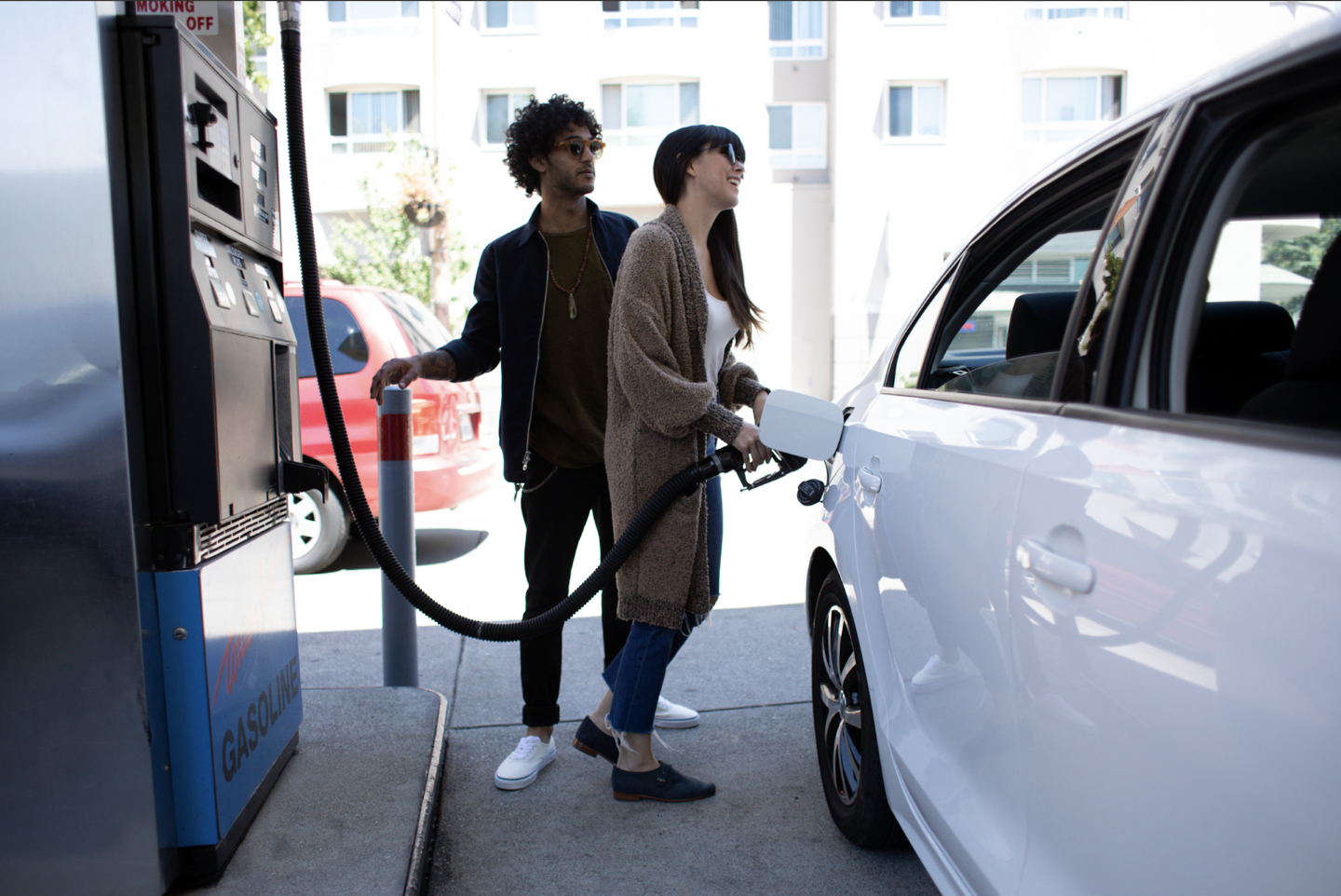It’s not the same: the difference between car insurance and warranties
December 21, 2023
When you purchase a car, you’ll likely hear quite a bit about a warranty. Before you jump to any conclusions about it being the same as car insurance—we’ll tell you right now they’re definitely different.
What is a car warranty? The Federal Trade Commission (
FTC) defines it as a contractual promise to fix certain defects or malfunctions in your vehicle for a set period of time after you purchase the vehicle.Now, how that differs from a car insurance policy is what we’ll help clear up in this article. Our HiRoad team is going to spell out the differences between insurance and warranties so that you know which applies when something happens to your vehicle.
Let’s get started.
What is the difference between warranties and insurance?
Car warranties and car insurance are both types of financial protection for your vehicle, but there are striking differences between the two. To help you understand the different forms of car protection, here are a few differences between car insurance and car warranties:

Car insurance is a contractual agreement between you and an insurance company that states you agree to pay a premium in exchange for financial protection, in the event of an accident, theft or other covered event.
To help ensure adequate protection for a variety of accidents, you should consider adding the following coverages to your car insurance policy:
Liability. This coverage typically pays for damages to
other people’s property and injuries that are caused by you or your car in an accident. Liability is required to carry as a minimum coverage in almost every state.
Collision. The name is typically a good giveaway as Collision coverage is there to pay for damages to your vehicle if it’s damaged in an accident.
Comprehensive. This coverage helps pay for repairs to your car that isn’t covered by a collision. This could be damages from fire, hail, vandalism or theft.
Warranties won’t cover repairs from an accident or damages that fall under physical damage coverage. So, what do they cover and how can they assist you as a driver?
Types of warranties
Like we mentioned earlier, a warranty exists as a means of financial protection for your vehicle in the event of a defective part or component over a certain period of time or mileage—whichever comes first.
Warranties typically come directly from the manufacturer or the seller you bought the car from. A warranty on your vehicle will generally cover mechanical and electrical failures, but not accidents. And upon purchase of a vehicle, you’ll typically notice two different types of warranties: new car (manufacturers) or extended warranties.
A new car warranty or manufacturer’s warranty is typically offered by a manufacturer (Ford, Subaru, Toyota, Kia, etc) and covers the vehicle for the first three years or 36K miles, whichever comes first.
An extended warranty is usually offered by third-party companies and can be purchased to extend the coverage of the manufacturer warranty or to provide warranty coverage on a used vehicle. Again, they’ll typically be for a set period of time or mileage.
With this information in mind, you may be asking yourself if a warranty is worth it if you already have insurance?
Do I need both insurance and a warranty?
Car insurance is required by law to have in many states, so that can be a definite “yes” on the list of needs. If you purchase a new car, chances are a basic warranty will already be included into the purchase price. However, if you purchase a vehicle that you’d like a little added financial protection on, then an extended warranty may be a good option.
A warranty can cover you in a pinch when it comes to unexpected repairs or malfunctions with your vehicle. However, extended warranties can sometimes cost more than you'll actually get out of it so it's important to look closely at what you're getting with an extended versus a basic warranty.
Car insurance is there to help protect you financially in the event of an accident that causes damages to your car or others. Having car insurance isn’t always at the top of things we want to be paying for, but if the time comes where you do need it—you’ll be glad you had it in the first place.
An insurance option that offers a telematics-based approach like HiRoad can help you save every month on your insurance bill. How? By practicing safe driving behaviors and commuting without distractions, you’re saving each month on your bill without sacrificing coverage.
Whether or not you go for that extended warranty, it’s important to make a clear distinction between a warranty and car insurance. They’re not the same, but both do offer financial protection to you and your vehicle for those “what-ifs.”
The information in this article was obtained from various sources not associated with HiRoad®. While we believe it to be reliable and accurate, we do not warrant the accuracy or reliability of the information. HiRoad is not responsible for, and does not endorse or approve, either implicitly or explicitly, the content of any third party sites that might be hyperlinked from this page. The information is not intended to replace manuals, instructions or information provided by a manufacturer or the advice of a qualified professional, or to affect coverage under any applicable insurance policy. These suggestions are not a complete list of every loss control measure. HiRoad makes no guarantees of results from use of this information.
Stay on the path
Get HiRoad in your inbox
Share your email to get the latest about our community of mindful drivers.



